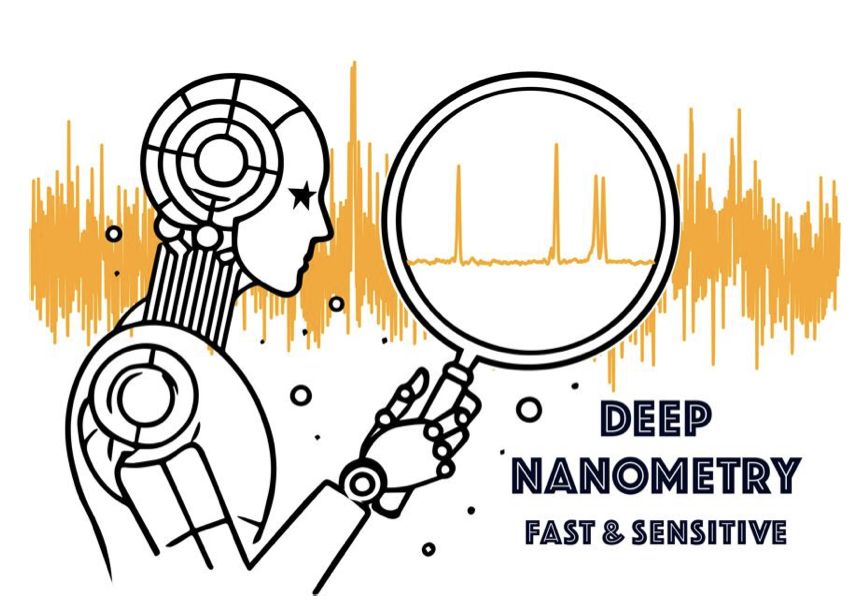https://www.nature.com/articles/s41467-025-56812-y
https://www.jst.go.jp/pr/announce/20250221/index.html
A Japanese-British team has developed a high-speed, high-sensitivity particle measurement technology called “Deep Nanometry (DNM)” that combines optical and fluid hardware technology with unsupervised deep learning denoising technology. It achieves the world’s highest level of sensitivity and speed, capable of detecting more than 100,000 particles per second with a minimum diameter of 30 to 40 nanometers.
In addition to medical applications such as early diagnosis of disease and monitoring of treatment effects, industrial applications such as quality control of nanoparticles and nanomaterials for drug delivery are also expected. Furthermore, it provides a new perspective for basic scientific research on the diverse groups of biological particles present in body fluids.
Blood contains countless particles, including extracellular vesicles (EVs) with diameters of tens to hundreds of nanometers. In recent years, EVs have been attracting attention as a clue for early detection of diseases, but disease-related EVs only make up a small portion of the total blood particles. Conventional slow particle analysis techniques have made it difficult to detect these particles with high reproducibility in a short time.
The research group therefore developed “Deep Nanometry (DNM),” which improves the sensitivity of the observation system using a new unsupervised deep learning denoising method and can observe particles with a minimum diameter of 30 to 40 nanometers at a high throughput of more than 100,000 particles per second. Using this technology, they succeeded in detecting colon cancer-related EVs present at a low concentration of only 0.002 percent in unpurified serum. Furthermore, in an analysis using purified serum, they confirmed that the positive rate of colon cancer-related EVs in the blood of cancer patients was significantly higher than that of healthy subjects.
DNM also detected polystyrene beads as small as 30 nm.


